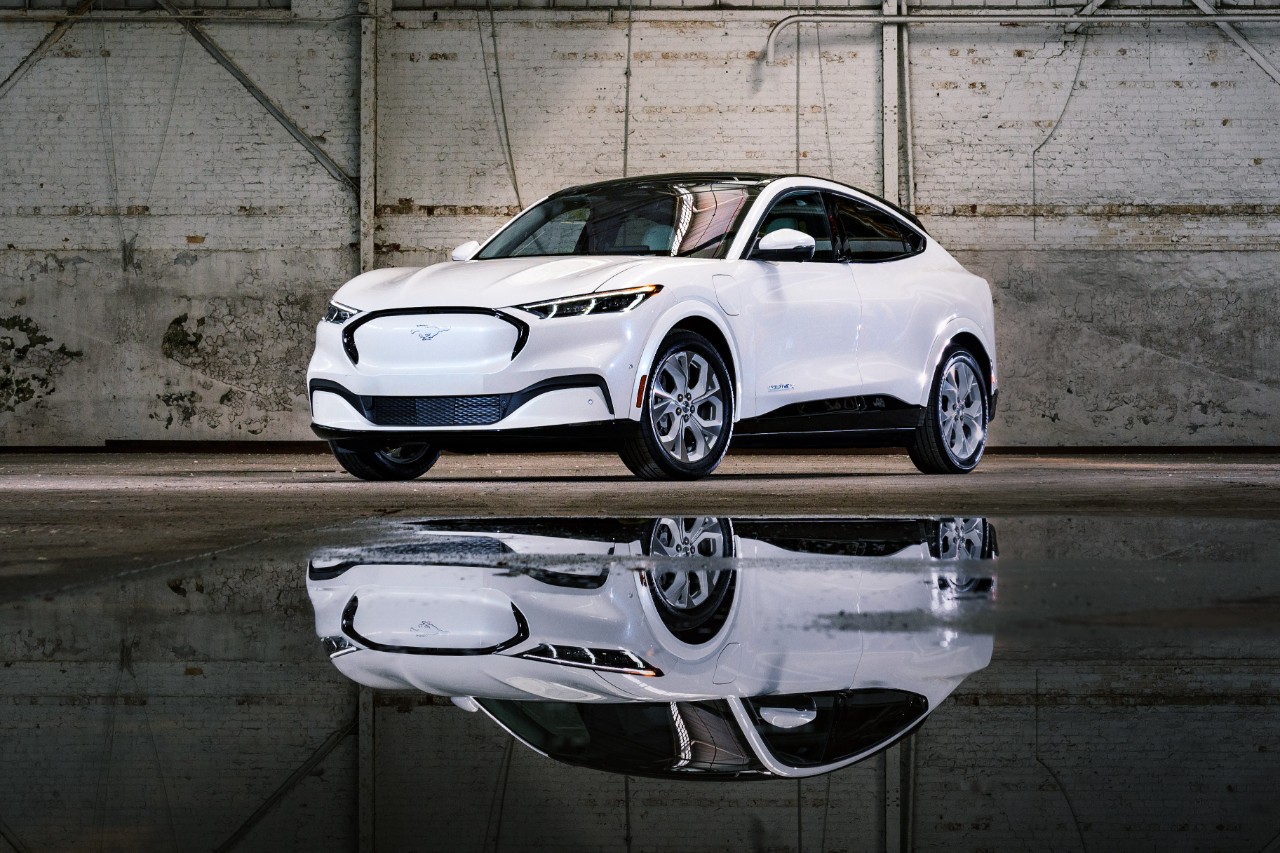
Google showed off a prototype of its self-driving car back in May. For now, the vehicle's capabilities are very limited, but that could change in time. Source: Google
Is Google (GOOG 0.04%) actually planning to bring its self-driving cars to market?
And if so, will anyone actually buy them?
The first question came to the front of many minds when Google announced earlier this week that former Ford (F 0.96%) CEO Alan Mulally had joined its board of directors. Would Mulally help Google bring the technology to market -- maybe in partnership with Ford itself?
It's certainly possible. But there are also a lot of reasons to think that Google has the self-driving car thing wrong -- and that the whole idea is getting a little bit ahead of itself.
Will Google really try to sell that cute little car?
There's no doubt that Google's self-driving car prototypes are adorable. But are they marketable?
Probably not, but I don't see Google trying, at least not on a major scale. I doubt that Google really wants to get into the business of mass-producing cars, with its massive fixed costs, low margins, and huge regulatory overhead. (Its prototypes were built by a Detroit-area contractor, according to reports.)
Instead, I think it's more likely that the company will try to partner with an automaker to bring its technology to market. And that's where things might get complicated.
Why? First and foremost, it's not clear that the industry wants Google's technology, or its approach. Google's leaders seem to envision a world where computers do all the driving, keeping cars from touching and keeping occupants perfectly safe.
But widespread adoption of driverless cars might bring new problems. A Toyota (TM 0.09%) scientist recently pointed out that self-driving cars might encourage people to travel farther to work, increasing urban sprawl and air pollution.
And it's not even clear that consumers want to give up driving entirely, at least in the near term.
The auto industry may not need Google's help
It's more likely that people will pay for an incremental approach toward self-driving cars. In fact, automakers' latest models are already incorporating systems that will be part of any self-driving vehicles in the near future.
And those systems have been developed by the automakers themselves, along with their familiar network of suppliers. Everyone from Toyota to General Motors (GM 2.62%) to comparatively tiny Tesla Motors (TSLA +3.38%) has said that they have self-driving technologies under development.
Many new models, including mass-market cars like the Ford Fusion and Chevrolet Impala, already offer features like lane-departure warning systems and adaptive cruise controls that will be key elements of self-driving systems in the near future.
Those systems have been created as a result of the ongoing research into self-driving cars that is already well advanced within the industry. They're being introduced incrementally -- and it seems likely that consumers will continue to embrace this incremental approach.
Take for example "adaptive cruise control". It's just like the regular cruise control we've had for decades -- except that it uses radar to keep you at a set distance from the car in front of you. If that car slows, yours does too -- automatically.
In other words, it doesn't drive the car for you, it just removes one of the hassles of using cruise control in traffic. But those consumers who buy and use the system will learn to trust it -- and will be one step closer to being ready to let the car do the driving, at least on some occasions.
Maybe more importantly, the success of these incremental systems could help convince lawmakers to develop a legal framework for self-driving cars. The technology to enable self-driving cars is already within sight; it's the legal framework that could prove to be the real obstacle to self-driving cars in the near term.
Here's what a real self-driving car will look like
It's likely that the first truly self-driving cars won't look anything like Google's prototypes. Instead, they'll look like the next-generation versions of today's leading luxury models -- with a new feature: A cruise control system that will actually do all of the driving to your destination.

Last year's Cadillac Elmiraj concept is thought to foreshadow a new high-end luxury coupe that could come to market late in the decade. A car like that, from Cadillac or another luxury brand, is likely to be among the first production vehicles to incorporate self-driving technologies. Source: General Motors Co.
I predict that at first, it'll be viewed as a curiosity, a gadget. Many buyers may not use it at all. Some may use it sparingly: when they're tired, perhaps, or when they choose to have one more drink at dinner. And a few will use it all the time.
In time, these systems could become fairly widespread. But I think it'll be a very gradual process, maybe over decades -- and it'll be a long time before it looks anything like Google's vision.
What do you think? Would you sign up to buy a self-driving car as soon as it's offered? How often would you use a system like this? Scroll down to leave a comment and share your thoughts.










